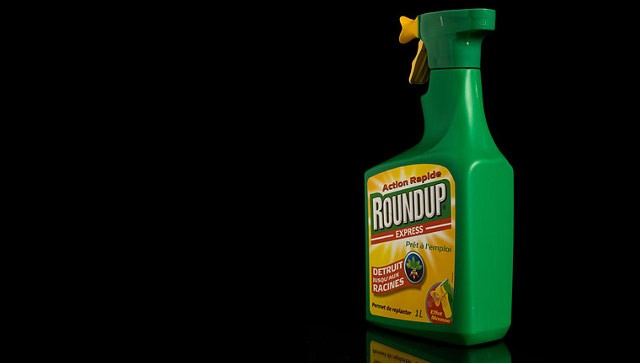Three Members of the European Parliament (MEPs), representing the Greens/EFA Party, have made a Freedom of Information request to the European Food Safety Authority (EFSA), in an attempt to reveal the secret Biotech industry studies that EFSA used in their controversial risk assessment on the World’s most used herbicide – glyphosate.

The Freedom of Information request (see below) was made on Tuesday under the name ”Is glyphosate safe? We have the right to know!” and is set to receive a reply before April 8:
Dear Bernhard Url, Executive Director of the European Food Safety Authority (EFSA),
Under the right of access to documents in the EU treaties, as enshrined in Regulation 1049/2001 and in the Aarhus Regulation, I am requesting documents which contain the following information:
There is an alarming scientific controversy between the European Food Safety Agency (EFSA) and the International Agency for Research
on Cancer of the World Health Organisation (IARC) with regard to the carcinogenicity of glyphosate. In March 2015, IARC concluded
that glyphosate is a probable human carcinogen (category 2A) . However, later that same year, in November 2015, EFSA concluded that glyphosate is “unlikely to pose a carcinogenic hazard to humans and the evidence does not support classification with regard to its carcinogenic potential” .
Proper classification of glyphosate is crucial because it potentially affects public health and entails important regulatory consequences. It is therefore vital to investigate why there are contradictory results in the EFSA and IARC assessments. To date EFSA has explained that its “evaluation considered a large body of evidence, including a number of studies not assessed by the IARC which is one of the reasons for reaching different conclusions” (EFSA news story, 12 November 2015 – http://www.efsa.europa.eu/en/efsajournal…). This means that the EFSA peer review is based on unpublished studies whose findings cannot yet be verified and subjected to independent scrutiny.
The need to achieve clarity in this regard is both urgent and evident. Glyphosate is used in around 750 pesticides commercialised by 91 companies across the globe. According to data published by IARC, glyphosate is registered in “over 130 countries as of 2010 and is probably the most heavily used herbicide in the world.” (https://monographs.iarc.fr/ENG/Monograph…)
The European Union is obliged to take decisions as openly as possible so that it contributes to strengthening the principles of democracy and respect for fundamental rights, and to ensure the protection of human health, which the EU is committed to ensure in all of its policies and activities.
Therefore we, members of the European Parliament, on the basis of regulation (EC) No 1049/2001 on public access to documents and regulation (EC) No 1367/2006 on the application of the provisions of the Århus Convention, request access to all documents that have been used during the EFSA peer review. Our request covers complete documents and not only their summaries, and extends also to the names of the authors and their declarations of conflicts of interests.
Respectfully,
Heidi Hautala
Member of the European Parliament
Greens/EFA
Benedek Jávor
Member of the European Parliament
Greens/EFA
Michèle Rivasi
Member of the European Parliament
Greens/EFA














